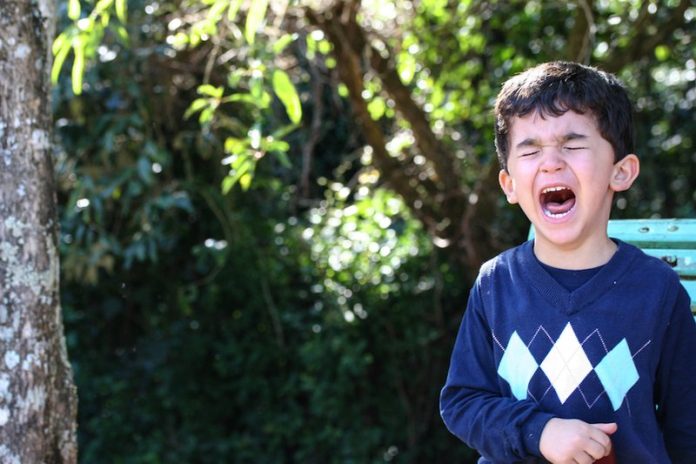Knowing the alphabet and how to count are not as important as indicators of readiness for kindergarten as a child’s social and emotional development, reports a new study from the Johns Hopkins School of Nursing. According to a news release, findings showed that children who enter kindergarten behind in social-behavioral development are more likely to be held back, require more individualized supports and services, and be suspended or expelled in later grades.
“These results are important,” co-author Deborah Gross, DNSc, RN, FAAN, professor and the Leonard and Helen Stulman Endowed Chair in Mental Health and Psychiatric Nursing at Johns Hopkins, said in a university news release. “They show how critical social and behavioral skills are for learning, how early the struggle begins for young children, and how important it is to address the problem of social-behavioral readiness well before children enter kindergarten.”
Good social and emotional health is defined by Great Start as “a young child’s growing capacity to form close personal relationships with other people, especially parents and caregivers; to express and manage emotions; and to explore new environments.” Such skills encompass enjoying interactions with others, making and keeping friends, appropriately expressing a wide range of emotions, calming down when upset without hurting others, and making and keeping friends.
For the study, Gross and her colleagues followed 9,000 Baltimore students from kindergarten through the fourth grade. Their findings showed that by the fourth grade, students who were considered socially and behaviorally “not ready” for school were up to 80 percent more likely to be held back.
In addition, the research team found that kids who weren’t ready for kindergarten were 80 percent more likely to need individualized services and support through an Individualized Education Plan (IEP) or a 504 Plan geared toward children with disabilities. Children who were behind in social and behavioral skills were also seven times more likely to be suspended or expelled at least once. Boys were less likely than girls to be socially and behaviorally prepared for kindergarten.
“In 2015, kindergarten teachers rated more than half of students behind in social and behavioral skills needed for learning, and it’s painful for the children who want to succeed, but become frustrated and hopeless,” Gross added in the news release.
Previous research has shown that the link between social and emotional skills and school success is so strong, it is a greater predictor of academic performance in the first grade than familial background and cognitive abilities. Why? Because learning is a social process and children cannot learn when they are struggling to follow directions, get along with their peers, and control their emotions in the classroom.
The study researchers called for a comprehensive strategy that would get schools and cities involved in promoting social-behavioral readiness by expanding and enhancing early childhood programs and providing increased support systems for parents and teachers.
“These programs may be costly,” co-author Amie Bettencourt, PhD, of Johns Hopkins Bloomberg School of Health, said in the news release. “But not addressing the problem of readiness to learn will cost more in the long run. It’s in the best interest of all to invest in strengthening social and behavioral foundations for our kids and for future generations.”








